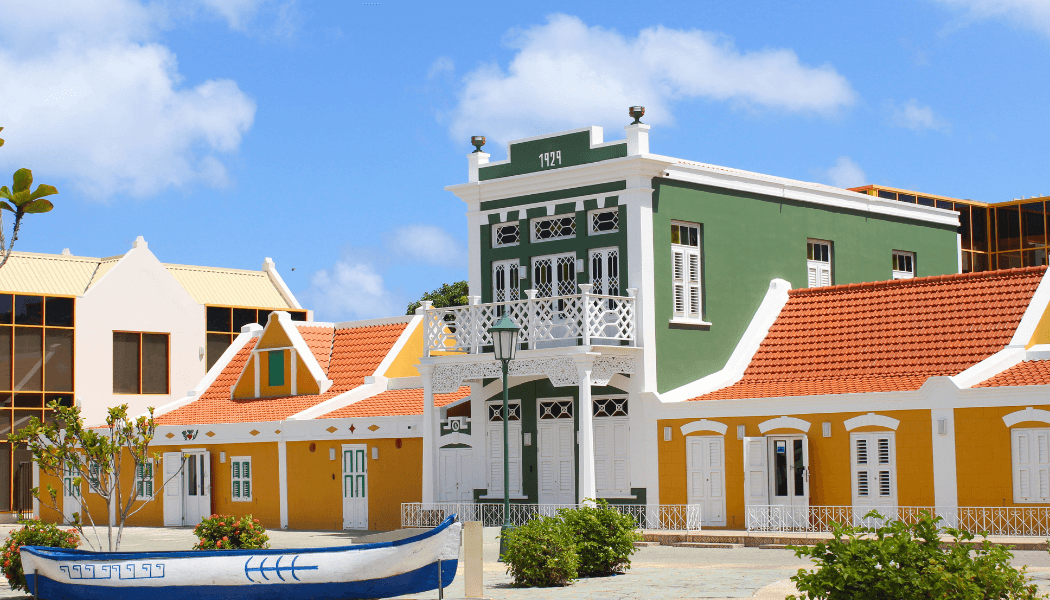
Freehold vs. Lease Land in Aruba: What You Need to Know [2025 Guide]
Understand rights, fees, restrictions, and financing differences between freehold and lease land in Aruba.
1) Freehold Property
- Full ownership of land and building with no end date.
- No annual lease fees.
- Freedom to sell, rent, or modify (within local regulations).
- Often higher financing (lower perceived risk for banks).
- Popular among foreign buyers seeking full control.
2) Lease Land
Government-owned land leased for long terms (commonly 33, 50, or 75 years).
Annual lease fee
Paid to the government; amount depends on location, land value, and contract terms.
Sale/transfer restrictions
Government approval is often required; some contracts have conditions for foreign buyers.
Ownership of buildings
You own the structures on the land; the land remains government property.
Mortgage options
Mortgages exist for lease land but often with stricter LTV and higher down payments.
3) Freehold vs. Lease Land: Pros and Cons
| Property Type | Advantages | Disadvantages |
|---|---|---|
| Freehold | Full ownership, easier resale, often better financing | Higher purchase price |
| Lease Land | Lower initial cost, available in prime locations | Annual fees, restrictions, stricter bank requirements |
4) Tips for Buyers
- Review the lease contract carefully (fees, renewals, sale restrictions).
- Get an appraisal; required for both freehold and lease land.
- Consider long-term plans; freehold often safer for resale/rent.
- Compare mortgage options for both property types.
5) Frequently Asked Questions (FAQ)
Can foreigners buy lease land in Aruba?
Yes, but expect annual fees and possible government approval for transfers.
What happens at end of lease?
Usually renewable with updated terms and fees.
Mortgage on lease land?
Possible, often stricter LTV and higher down payment than freehold.
Is lease land cheaper?
Entry costs are lower, but long-term fees and restrictions can add up.